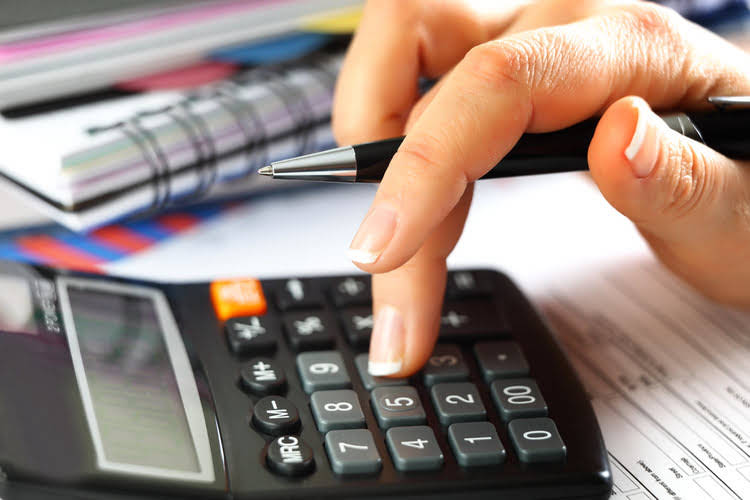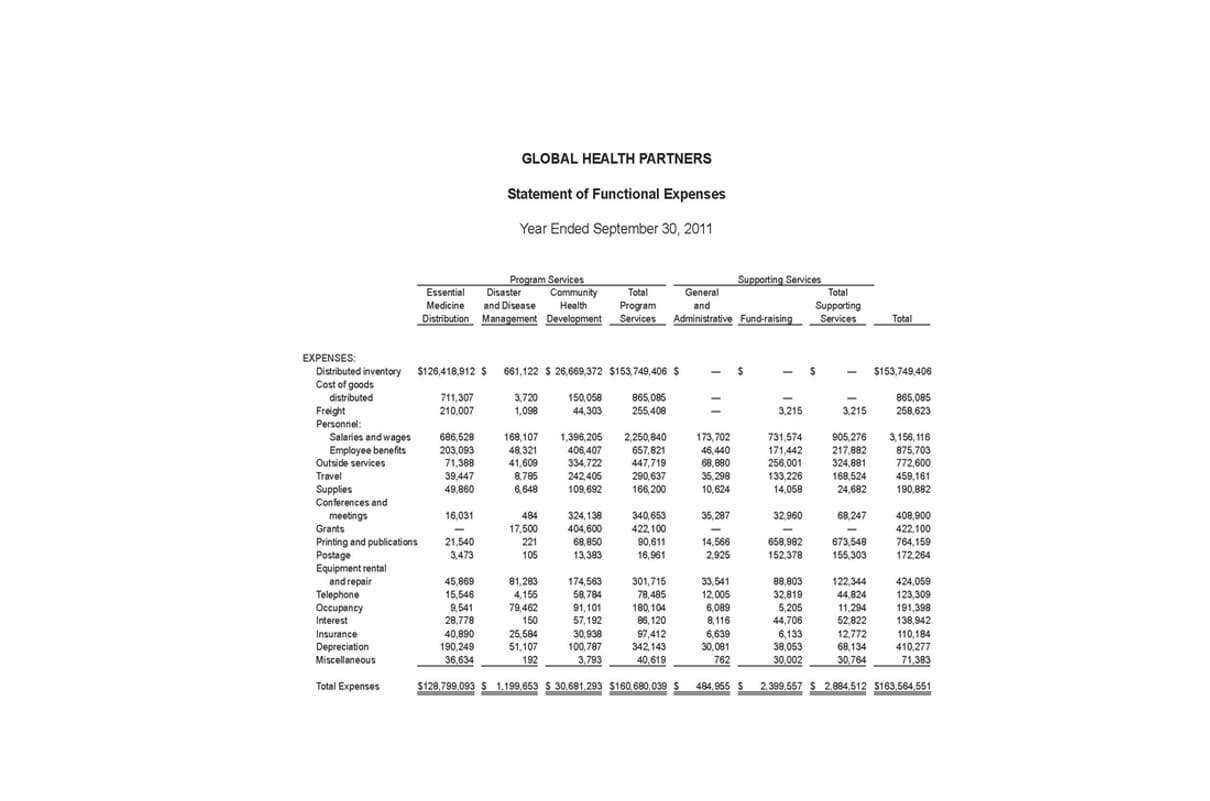Xero Accounting Review 2025

It includes bulk transaction reconciliation and xero accounting advanced reporting features, providing deeper insights into business performance. Enhanced security measures ensure data protection, making it suitable for growing businesses that require more comprehensive financial management tools. Founded in 2006 in New Zealand, Xero has grown rapidly to become one of the leading accounting platforms worldwide. Its cloud-first approach allows users to access their financial data anytime, anywhere, fostering real-time collaboration among team members, accountants, and stakeholders.
- I found that all these features greatly streamline communication, letting you manage client relationships almost exclusively from Xero’s software.
- You can invoice for all or just some of the items you have on the quote.
- In such cases, businesses can integrate Xero with third-party inventory management tools like TradeGecko or DEAR Systems to expand functionality.
- This feature enhances the functionality of Xero and helps you streamline business operations, making it a versatile tool for businesses of all sizes.
- You can also do this on behalf of your employees through your web browser.
- Xero is a cloud-based accounting software designed to streamline financial management for small and medium-sized enterprises (SMEs).
Supports Tax Compliance

If you use the Established plan, you can track billable time to add to projects. Sign up for a free account with Square and get a complimentary card reader, point-of-sale app, and a suite of tools to run a better, more profitable business. However, smaller startups with very simple accounting needs might find the basic plans sufficient, or they might prefer less costly or free alternatives.
Featured Offer: Get a free credit card reader from Square Payments
The “Contacts” section centralizes key information for customers and suppliers. Xero doesn’t have its own payroll functionality, so if you have employees to pay, you must integrate Xero with the payroll provider Gusto. While having separate apps can be nice for staying organized, I feel this can make things unnecessarily complicated—though I understand the need for a separate employee self-service app.
The Complete Guide To Getting A Free Square Card Reader For Your Business
Xero offers robust customer service and support to assist users with any questions or issues they may encounter while using the software. These CRM integrations help businesses maintain an organized, consistent view of customer data and financial records, enabling better decision-making and customer management. This integration saves businesses time on manual entry, reduces the chances of errors, and ensures accurate financial records for bookkeeping and reporting purposes. Additionally, Xero provides detailed reports on inventory performance, including insights into the cost of goods sold, profit margins, and product demand. By understanding these key metrics, businesses can make smarter purchasing decisions and optimize their inventory management strategies to reduce costs and improve profitability.
- Xero Partner Program allows accountants to manage multiple client accounts from one dashboard.
- Xero also offers a 30-day free trial, allowing you and your team to explore its features and see how it fits your workflow before committing.
- It’s tough to keep track of expenses when you’re busy running a business.
- Even before you add third-party apps, Xero’s onboard tools support your resource planning.
- It’s great for budgeting, expense tracking, and time tracking, and it comes with unlimited users.
Xero’s inventory management features are designed to help businesses keep track of stock levels and manage products effectively. You can easily add new products, track sales, and generate purchase orders to restock your inventory. This makes it simple to maintain an efficient bookkeeping inventory system and ensures that you’re never caught off guard by running out of stock. Create, customize, send, and track your invoices with the Xero desktop or Xero Accounting invoice app. Automate reminders and give customers digital payment options to get paid sooner – then spend more time on what you love. Users can sign up and start using the platform without any initial setup costs.

You can set a lock date in Xero to stop changes being made to past transactions when reports are being prepared at the end of Bookkeeping for Startups the year, or at the end of a sales tax period. You need to have the advisor user role to set, change, or remove lock dates in Xero. Stay in control as your business expands – tailor Xero to your needs with financial reporting apps from the Xero App Store.

Key Features of Xero
- This involves entering financial transactions, reconciling bank statements, and ensuring that all data is up to date.
- Do your accounting on the go with the Xero mobile app, claim expenses, and connect to your bank.
- The solution supports 26 out of 35 criteria in this useful module.
- You can set a lock date in Xero to stop changes being made to past transactions when reports are being prepared at the end of the year, or at the end of a sales tax period.
- Xero is a great option for large teams and small- to medium-sized businesses that need high-level accounting systems.
- While basic inventory tracking is available, Xero does not match dedicated inventory management software like TradeGecko or DEAR Systems.
Effective cash flow management is critical for business sustainability. A Xero accountant monitors cash flow, identifying potential issues and recommending strategies to improve liquidity and ensure that the business can meet its financial obligations. While Xero is primarily designed for small to medium-sized businesses, it can also be used by larger enterprises with less complex accounting needs. It's important to assess whether Xero's features align with your business's specific requirements.

